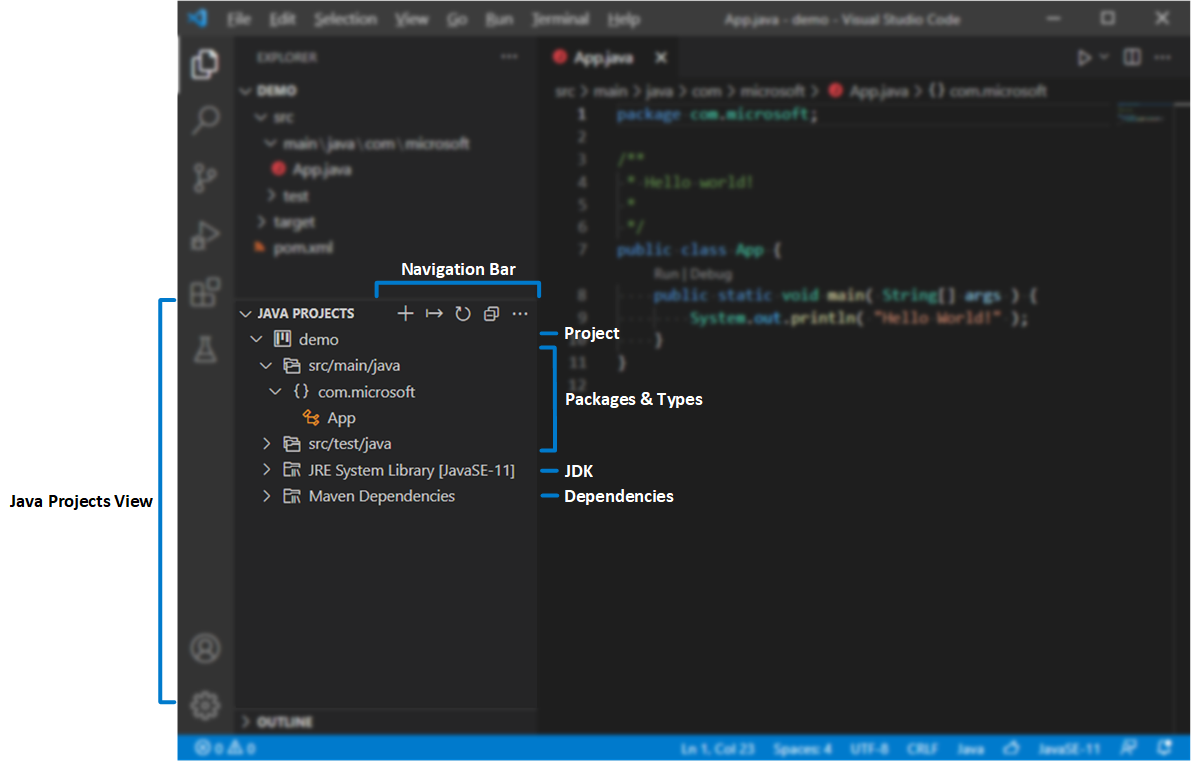

I wish there was a better answer, but that's all I have for now. Avoid using java 11 in this situation - it works with java 8.Avoid using kapt in this situation - it works with annotationProcessor.However, note that this is really just a hack that relies on the fact that Dagger currently doesn't inspect the super types directly, but the underlying bug is still there and may cause issues later if Dagger starts relying on it. Avoid binding DataBindingComponent directly, and either extend or wrap it Instead (see #2144 (comment)).

Public class MainApplication extends com.BaseApplication implements Here are recommended approaches to including these dependencies when you submit a Spark job to a Dataproc cluster: When submitting a job from your local machine with the gcloud dataproc jobs submit command, use the -properties DEPENDENCIES flag. Check for compilation errors or a circular dependency with generated code. Spark applications often depend on third-party Java or Scala libraries.
COMPILING JAVA WITH DEPENDENCIES CODE
It can deal with Groovy code, mixed Groovy and Java code, and even pure Java code (although we don’t necessarily recommend to use it for the latter). The Groovy plugin extends the Java plugin to add support for Groovy projects.
COMPILING JAVA WITH DEPENDENCIES HOW TO
C:\.\app\build\tmp\kapt3\stubs\.\MainApplication.java:60: error: was unable to process this class because not all of its dependencies could be resolved. Compiling and testing for Java 6 or Java 7. The above Maven pom.xml file resolves the RTSDK Java library and dependencies from Maven Central, and then builds the application and the RTSDK library into a single-all-dependencies jar file named see How to Set Up Refinitiv Real-Time SDK Java Application with Maven article about the pom.xml setting for the RTSDK Java library.


 0 kommentar(er)
0 kommentar(er)
